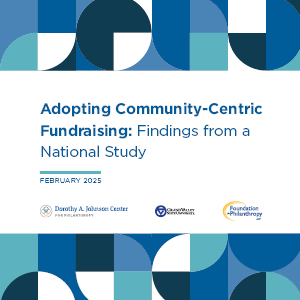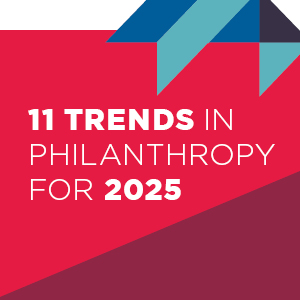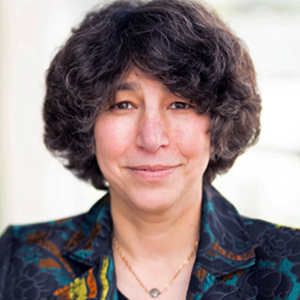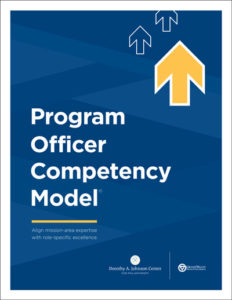Program Officer Competency Model©
Chart a path toward transformative grantmaking and trust-based relationships.
Foundation program officers play a critical, nuanced role at the intersection of resources, strategies, and stakeholders. The Program Officer Competency Model captures this complexity.
Development of the model included an analysis of more than 100 job descriptions, a review by competency model experts, and the input of nine focus groups with grantmakers and nonprofit leaders to determine and define the essential competencies of the program officer role.
- Current and prospective program officers: Use the model to check in on and advance your own learning and proficiency.
- Hiring managers: Adopt competency-based hiring practices by utilizing the model in position descriptions, interviews, and hiring.
- Leadership: Amp up your grantmaking strategies by ensuring your team has the skills and knowledge they need to succeed.
We encourage you to use, adapt, and share this model to map your professional journey, structure position descriptions, design training programs, and so much more.
Download the PDF or explore the interactive model below!
Key Definitions
Sources: Campion et al., 2011; Shippmann et al., 2000
Reuse and Licensing Information
We encourage you to adapt, share, and otherwise use this competency model to advance your own work and partnerships in philanthropy. The terms of that use include:
- Attribution: You must give proper credit to the work of the Johnson Center in any materials you use, create, or distribute. This attribution must include a link to this license and make clear that use of this model does not in any way imply an endorsement of your work by the Johnson Center (unless by prior arrangement). Attribution should appear as follows:
The Program Officer Competency Model was created by the Dorothy A. Johnson Center for Philanthropy at Grand Valley State University © 2021. Use under Creative Commons Attribution-NonCommercial-ShareAlike 4.0 International license.
- NonCommercial: You may not use this material for any commercial purposes, unless by prior arrangement.
- ShareAlike: Any materials you create and distribute must be subject to the same terms as this license.
Program Officer Competency Model by the Dorothy A. Johnson Center for Philanthropy at Grand Valley State University is licensed under Attribution-NonCommercial-ShareAlike 4.0 International.
For inquiries, please contact the Johnson Center at jcp@gvsu.edu.














